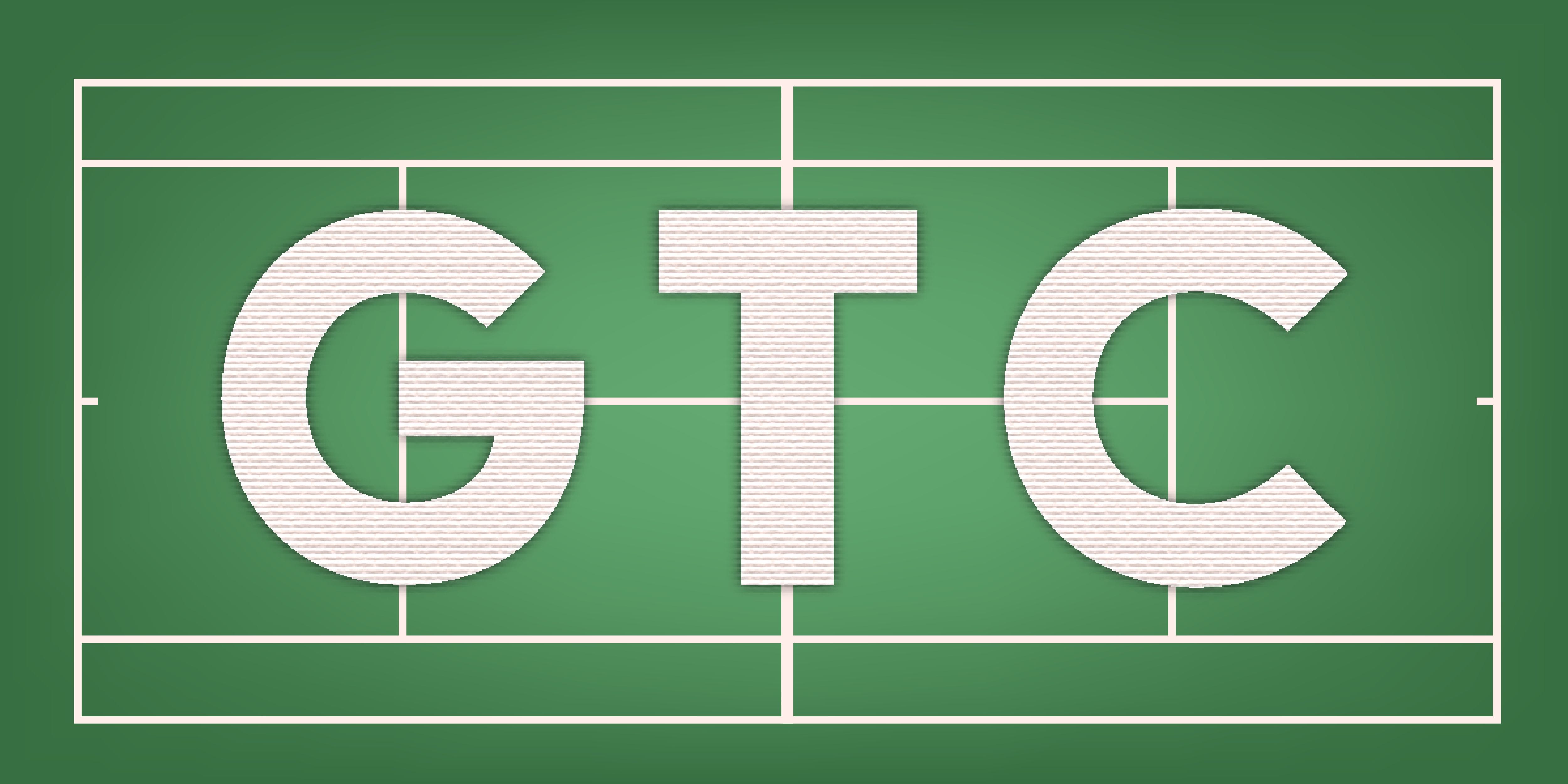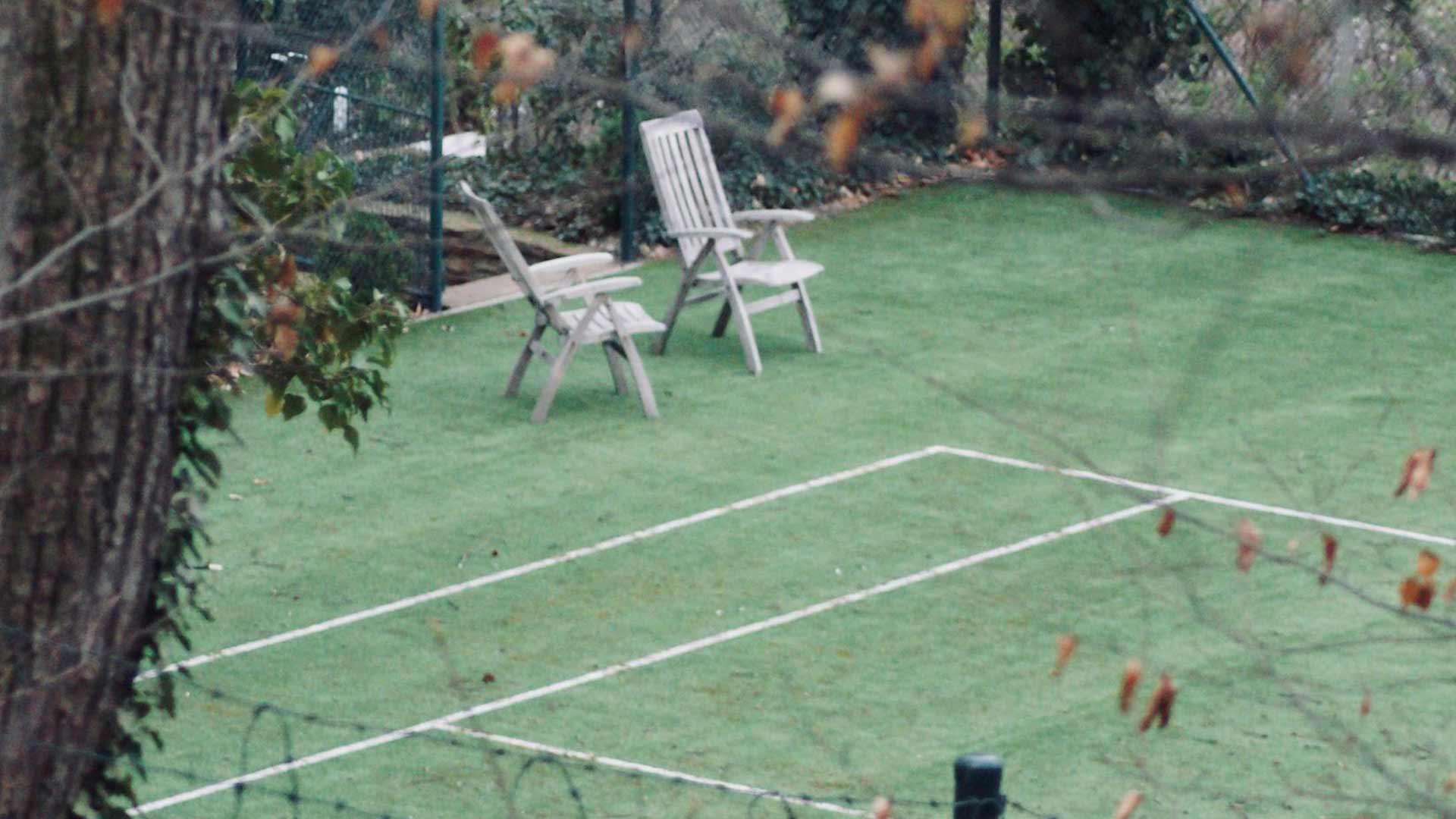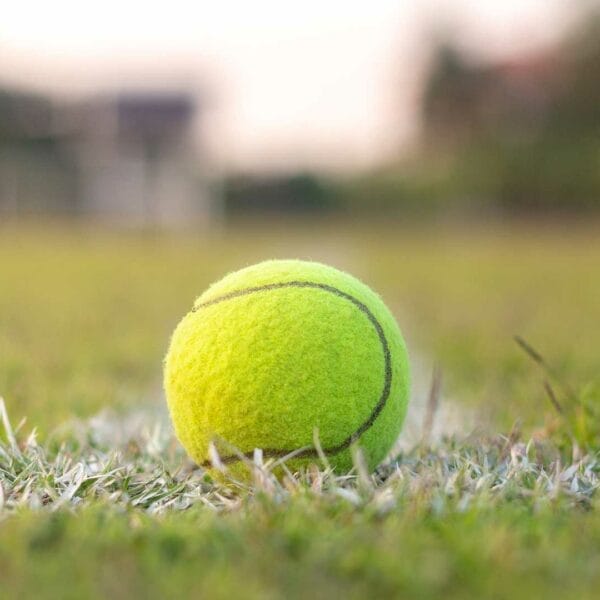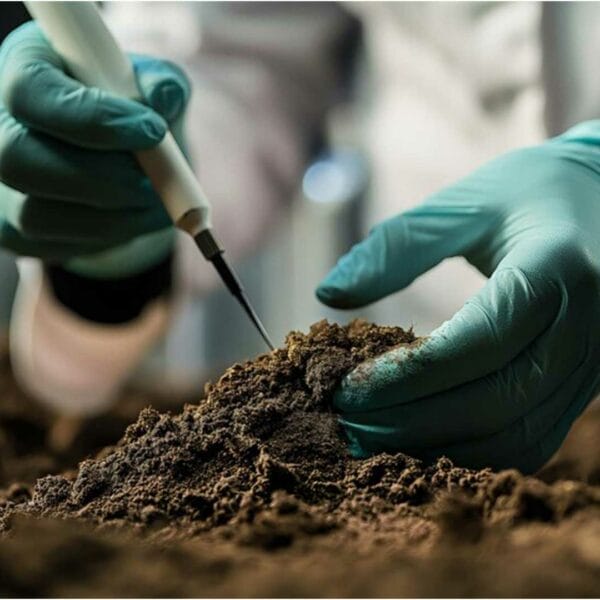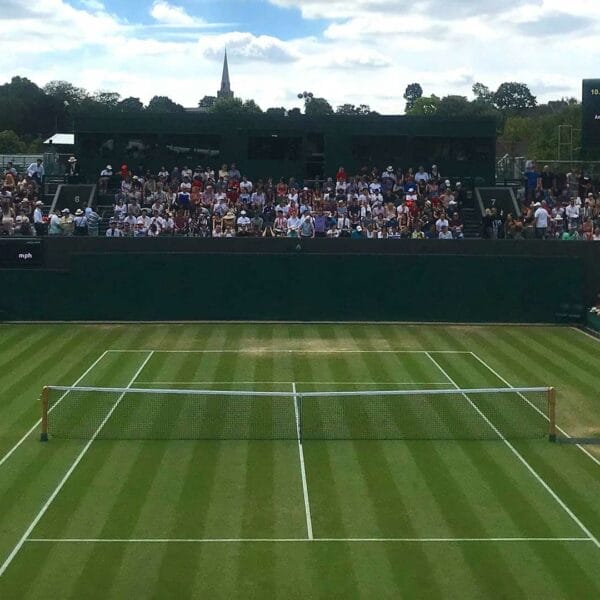Are you studying to become a lawn tennis groundsman? What Grass Tennis Groundsman Qualifications are available?
A lawn tennis groundsman plays a crucial role in maintaining the quality and playability of tennis courts. Their responsibilities encompass a wide range of tasks, including turf management, equipment maintenance, and oversight of court conditions. The importance of their role cannot be overstated, as well-maintained tennis courts are essential to providing a high-quality sporting experience for players and spectators alike. In this comprehensive guide, we will explore the qualifications and pathways for individuals aspiring to become proficient lawn tennis groundsmen.
What Qualifications Do You Need to Become a Lawn Tennis Groundsman?
By reading this article, you will learn: The importance of formal education in sports turf management or related fields. – The value of practical experience, including internships and entry-level positions. – The specific skills and knowledge required for maintaining tennis courts, including turfgrass selection and equipment operation.
the Role of a Lawn Tennis Groundsman
A lawn tennis groundsman plays a pivotal role in maintaining the quality and playability of tennis courts. Their responsibilities encompass a wide range of tasks, including turf management, equipment maintenance, and oversight of court conditions. The importance of their role cannot be overstated, as well-maintained tennis courts are essential to providing a high-quality sporting experience for players and spectators alike. In this comprehensive guide, we will explore the qualifications and pathways for individuals aspiring to become proficient lawn tennis groundsmen.
Education and Training for Lawn Tennis Groundsmen
Importance of Formal Education in Sports Turf Management or Related Fields
Formal education in the field of sports turf management or a related discipline forms a solid foundation for a career as a lawn tennis groundsman. A degree or diploma in turfgrass management, horticulture, or sports surface technology provides a comprehensive understanding of the principles and practices required to maintain tennis courts to the highest standards.
Degrees, Diplomas, and Certifications for a Career in Groundskeeping
Individuals seeking to pursue a career as a lawn tennis groundsman can benefit from obtaining degrees such as a Bachelor of Science in Turfgrass Science or a Diploma in Sports Turf Management. Additionally, certifications such as the Sports Turf Managers Association (STMA) certification can enhance one\’s credentials in the field.
Specific Courses and Areas of Study Relevant to Lawn Tennis Groundskeeping
Courses in soil science, turfgrass physiology, pest management, and sports turf construction are particularly relevant to the specialised needs of tennis court maintenance. These courses equip individuals with the knowledge and skills required to address the unique challenges presented by tennis court surfaces.
Addressing the Qualifications Needed to Enter the Profession
Aspiring lawn tennis groundsmen should aim to acquire a combination of formal education and practical training to meet the demands of the role. The ideal qualifications encompass a blend of theoretical knowledge and hands-on experience in sports turf management.
| Qualification | Description |
|---|---|
| Formal Education | Courses in soil science, turfgrass physiology, pest management, and sports turf construction are particularly relevant to the specialised needs of tennis court maintenance. |
| Degrees, Diplomas, and Certifications | Examples include a Bachelor of Science in Turfgrass Science or a Diploma in Sports Turf Management. Additionally, certifications such as the Sports Turf Managers Association (STMA) certification can enhance one\’s credentials in the field. |
| Specific Courses | Courses in soil science, turfgrass physiology, pest management, and sports turf construction are particularly relevant to the specialized needs of tennis court maintenance. |
| Practical Training | Aspiring lawn tennis groundsmen should aim to acquire a combination of formal education and practical training to meet the demands of the role. The ideal qualifications encompass a blend of theoretical knowledge and hands-on experience in sports turf management. |
Gaining Groundskeeping Experience
The Value of Practical Experience in Groundskeeping
Practical experience is invaluable for aspiring lawn tennis groundsmen. Internships, apprenticeships, or entry-level positions at sports facilities, landscaping companies, or golf courses provide hands-on exposure to the intricacies of turf management and equipment operation.
Opportunities for Gaining Experience Through Internships, Apprenticeships, or Entry-Level Positions
Seeking out opportunities to work under experienced groundskeepers or sports turf managers is an effective way to gain relevant experience. These positions offer firsthand insight into the day-to-day responsibilities and challenges involved in maintaining tennis courts to professional standards.
Exploring Practical Experience Requirements for Becoming a Lawn Tennis Groundsman
The practical experience requirements for becoming a lawn tennis groundsman often involve a period of supervised training or apprenticeship, during which individuals learn the nuances of turf maintenance, equipment operation, and court preparation.
Knowledge of Turf Management for Tennis Courts
Specific Skills and Knowledge Required for Maintaining Tennis Courts
Maintaining tennis courts demands a particular set of skills and knowledge related to turfgrass species, court construction, and surface performance. Groundsmen must possess a deep understanding of the particular requirements for tennis court turf management.
Turfgrass Selection and Maintenance Considerations for Tennis Facilities
Selecting the appropriate turfgrass species and implementing effective maintenance practices are critical for ensuring the durability and playability of tennis courts. Knowledge of turfgrass selection and maintenance is fundamental to the role of a lawn tennis groundsman. Understanding Irrigation Systems, Pest and Disease Control, and Soil Management for Tennis Courts.
A thorough understanding of irrigation systems, pest and disease control measures, and soil management techniques is essential to maintaining optimal conditions on tennis court surfaces. Groundsmen must be adept at identifying and addressing issues that can affect the quality of the playing surface.
Equipment Operation and Maintenance
Technical Skills Needed to Operate Groundskeeping Equipment
Proficiency in operating groundskeeping equipment, including mowers, trimmers, and aerators, is a fundamental requirement for lawn tennis groundsmen. Technical skills related to equipment operation play a central role in maintaining the desired standards of court surfaces.
Maintenance of Mowers, Trimmers, and Irrigation Systems Specific to Tennis Court Maintenance
In addition to equipment operation, groundsmen must possess the expertise to conduct routine maintenance and repairs on mowers, trimmers, and irrigation systems tailored to the specific needs of tennis court maintenance.
Equipment Operation and Maintenance Qualifications for a Lawn Tennis Groundsman
The qualifications for equipment operation and maintenance encompass both the ability to operate specialised groundskeeping machinery and the proficiency to troubleshoot and maintain these tools in optimal working condition.
Industry Certifications That Add Value to a Career in Groundskeeping
Acquiring industry-recognised certifications, such as the Certified Sports Field Manager (CSFM) designation, can significantly augment the professional standing of lawn tennis groundsmen. These certifications validate the expertise and commitment of individuals in the field of sports turf management.
Licenses or Permits Required for Specific Tasks in Lawn Tennis Groundskeeping
Depending on the jurisdiction, specific tasks related to pesticide application, irrigation system maintenance, or equipment operation may require particular licenses or permits. Lawn tennis groundsmen must comply with regulatory requirements and obtain the necessary credentials.
Benefits of Obtaining Relevant Certifications and Licenses for Career Advancement
Obtaining relevant certifications and licenses not only demonstrates competence and adherence to industry standards but also opens opportunities for career advancement and professional recognition in groundskeeping.
Soft Skills for Groundsmen
Importance of Soft Skills in the Role of a Groundsman
In addition to technical proficiency, soft skills are crucial to the effectiveness of a lawn tennis groundsman. Attributes such as attention to detail, time management, and teamwork are vital to maintaining tennis courts efficiently and successfully.
Communication and Problem-Solving Skills in a Groundskeeping Environment
Effective communication and problem-solving skills are essential for coordinating with other staff members, addressing emergent challenges, and maintaining open channels of communication within the groundskeeping team.
Networking and Professional Development Opportunities
Value of Networking Within the Sports Turf Management Industry
Networking within the sports turf management industry provides lawn tennis groundsmen with access to valuable resources, knowledge exchange, and potential career opportunities. Building professional connections within the industry can offer insights and support for career growth.
Professional Development Opportunities, Such as Conferences and Workshops
Participation in industry-specific conferences, workshops, and seminars equips groundsmen with the latest advancements, best practices, and innovative techniques in turf management and sports surface maintenance.
Benefits of Joining Associations and Staying Updated With Industry Trends
Membership in professional associations such as the Sports Turf Managers Association (STMA) fosters continuous learning, professional growth, and exposure to industry trends and developments. Staying up to date with the latest industry trends is integral to the ongoing success of lawn tennis groundsmen.
Embracing Practical Experience
Seek out internships at local tennis facilities to gain hands-on experience in maintaining the courts. Learn the intricacies of turfgrass selection, irrigation systems, and pest control in a real-world setting.
Soft Skills and Career Growth
In addition to technical knowledge, hone soft skills such as attention to detail and effective communication. These qualities not only contribute to the high standard of court maintenance but also open doors for career advancement within the industry.
Career Advancement in Lawn Tennis Groundskeeping
Potential Career Pathways and Advancement Opportunities
As lawn tennis groundsmen gain experience and expertise, they may progress to roles with greater responsibility, such as head groundskeeper or sports turf manager. Specialisation in areas such as turf renovation, irrigation management, or environmental sustainability also presents avenues for career advancement.
Roles With Greater Responsibility or Specialisation Within the Field
Specialising in specific aspects of groundskeeping, such as turfgrass research, facility construction, or synthetic turf management, can lead to roles with greater responsibility and influence in sports turf management.
Continuing Education and Skill Development for Career Growth
Continuous education, skill development, and staying abreast of technological advancements are vital for career growth and maintaining a competitive edge in the evolving landscape of lawn tennis groundskeeping.
Conclusion
In conclusion, the qualifications for becoming a lawn tennis groundsman encompass a multifaceted blend of formal education, practical experience, technical proficiency, and soft skills. Aspiring individuals should seek to acquire the necessary qualifications and actively engage in professional development to excel in the dynamic and rewarding field of lawn tennis groundskeeping. Encouraging excellence in this profession paves the way for continued improvements to sports facilities and the overall quality of the tennis-playing experience.
By incorporating the latest insights and industry best practices, individuals can position themselves for success as a lawn tennis groundsman. For further information on this topic and to explore additional resources, refer to the comprehensive guide by the Lawn Tennis Professionals Association and the in-depth article on building grass courts.
Additionally, to gain firsthand perspectives and experiences in lawn tennis groundskeeping, consider seeking insights or testimonials from experienced lawn tennis groundsmen. You can also explore specific examples or case studies of successful career paths of lawn tennis groundsmen to demonstrate the practical application of the qualifications outlined in this guide. Finally, incorporating interactive elements such as quizzes or self-assessment tools can engage the audience and reinforce key learning points.
Frequently Asked Questions
What qualifications do you need to become a lawn tennis groundsman?
To become a lawn tennis groundsman, you typically need a diploma in sports turf management or a related field.
Who can become a lawn tennis groundsman?
Anyone with a passion for sports turf management and a relevant diploma can become a lawn tennis groundsman.
How can I become a lawn tennis groundsman?
A.You can become a lawn tennis groundsman by completing a diploma in sports turf management and gaining practical experience.
What if I don’t have a diploma in sports turf management?
While a diploma is preferred, relevant experience and on-the-job training can also qualify you for the role.





